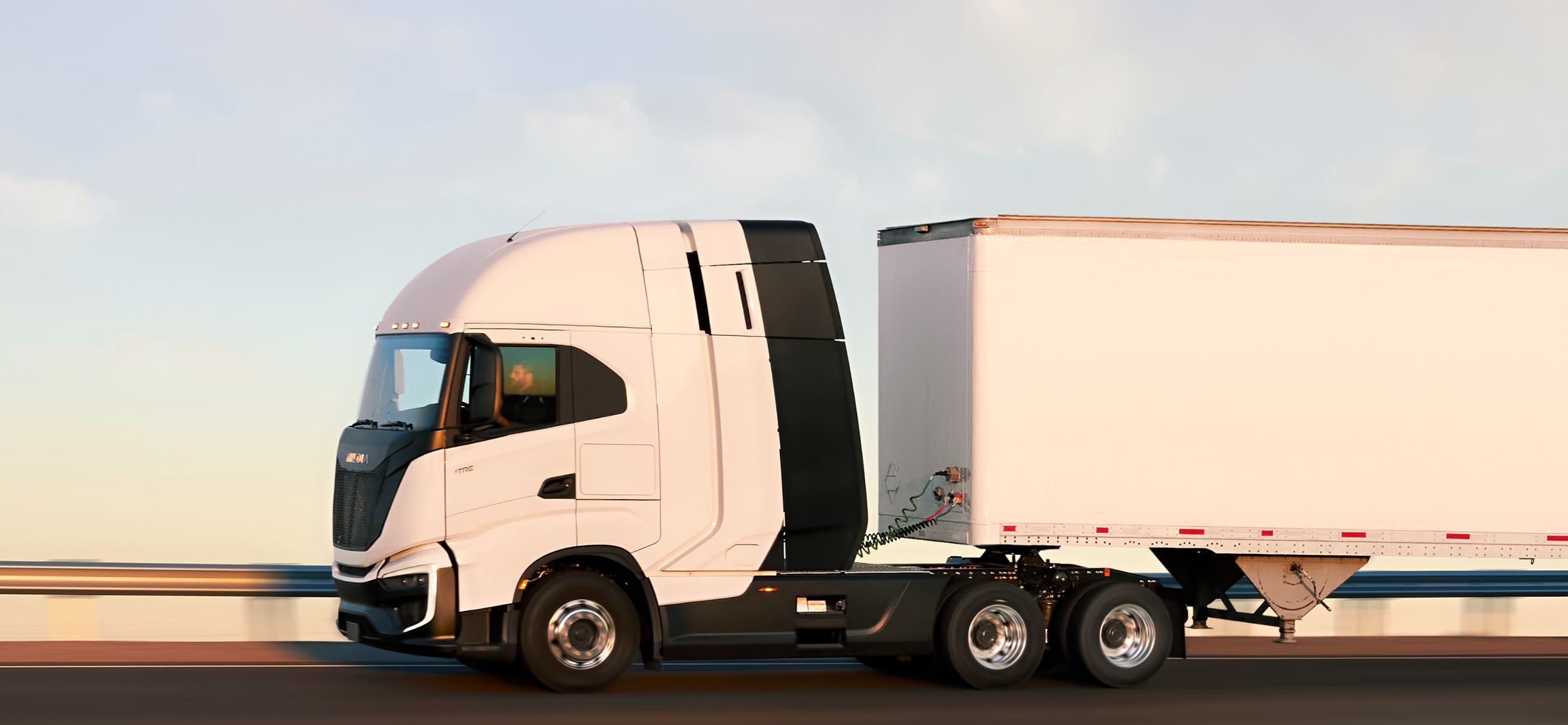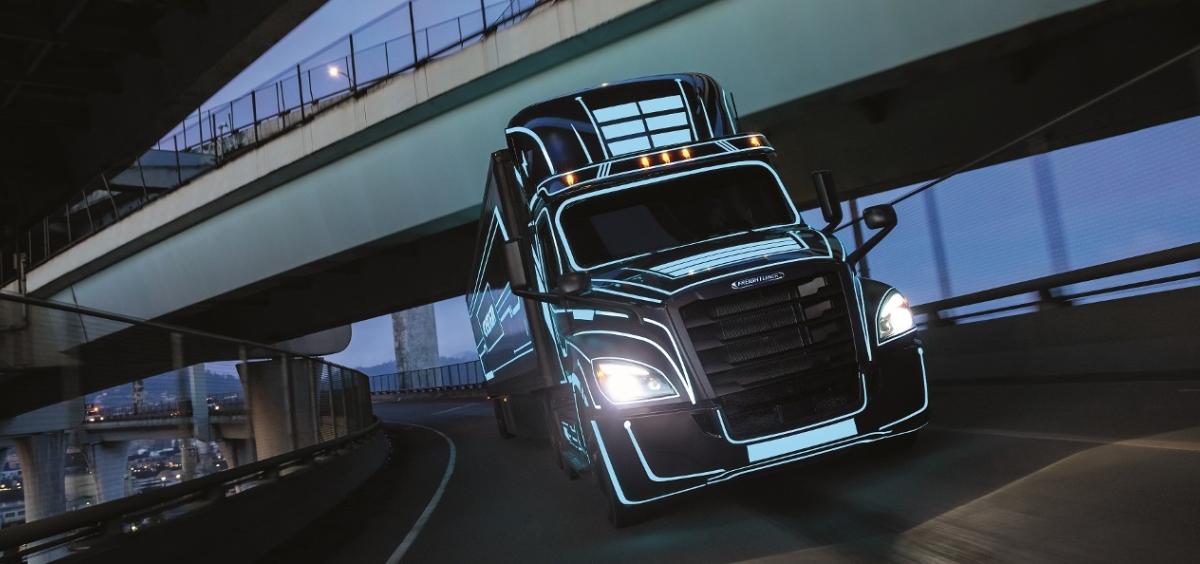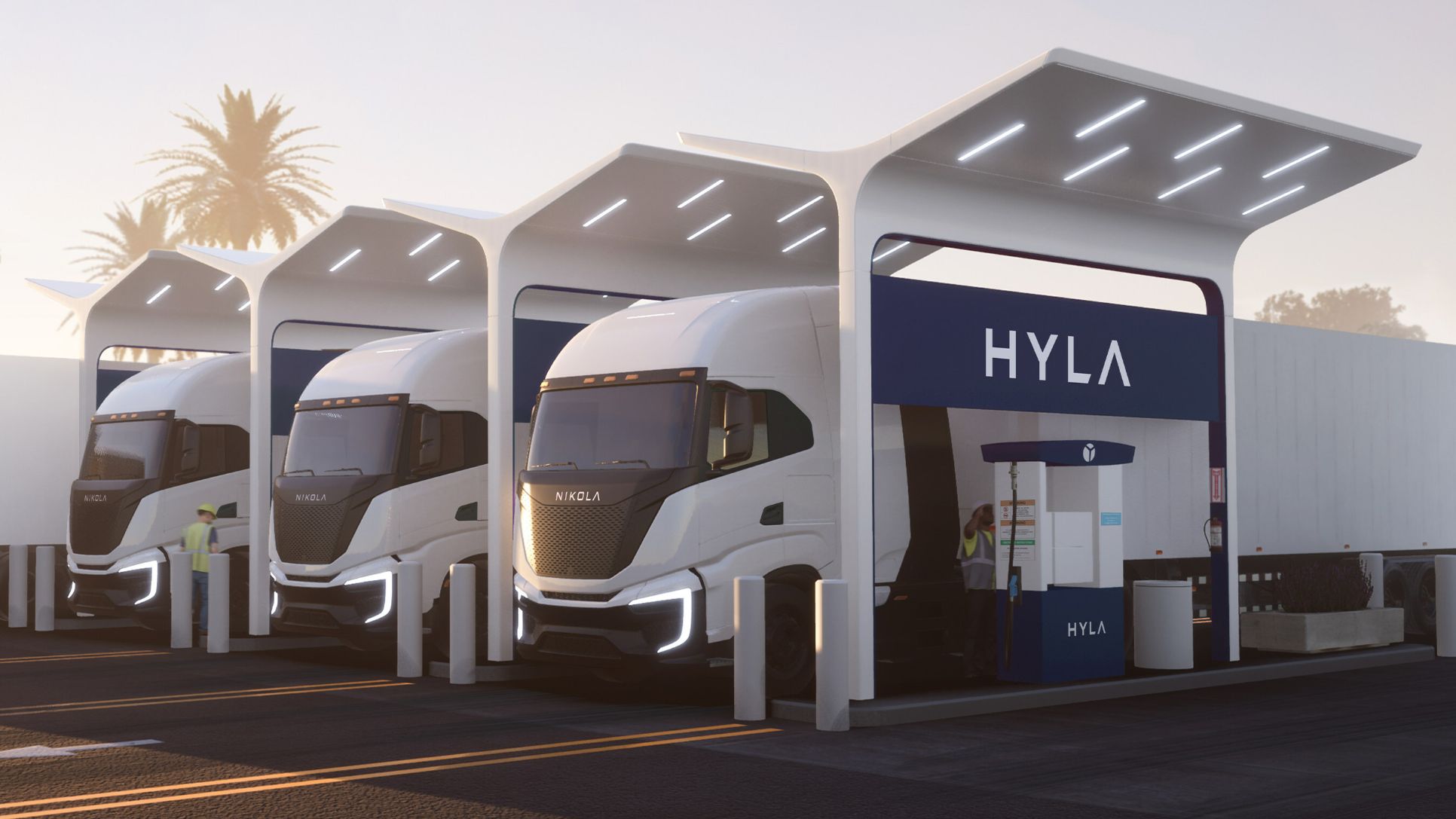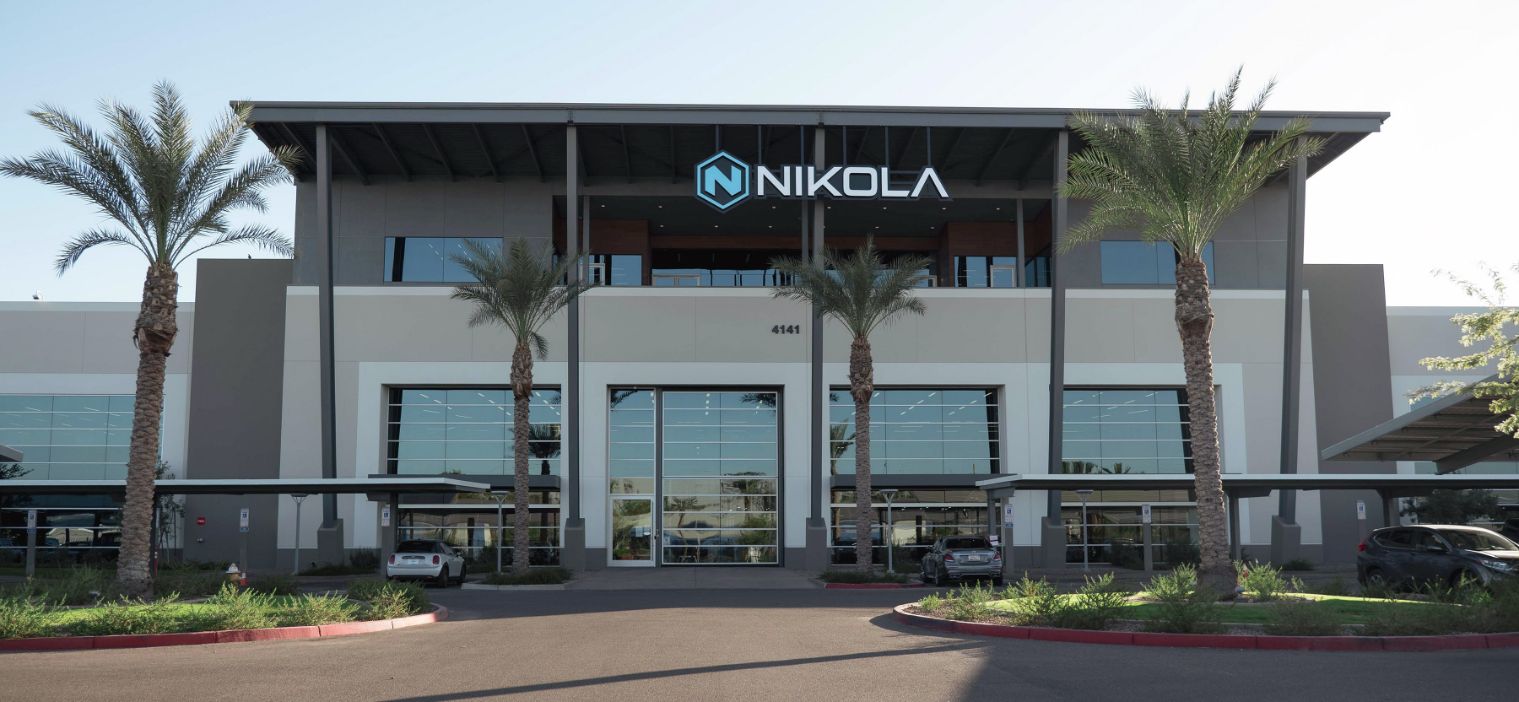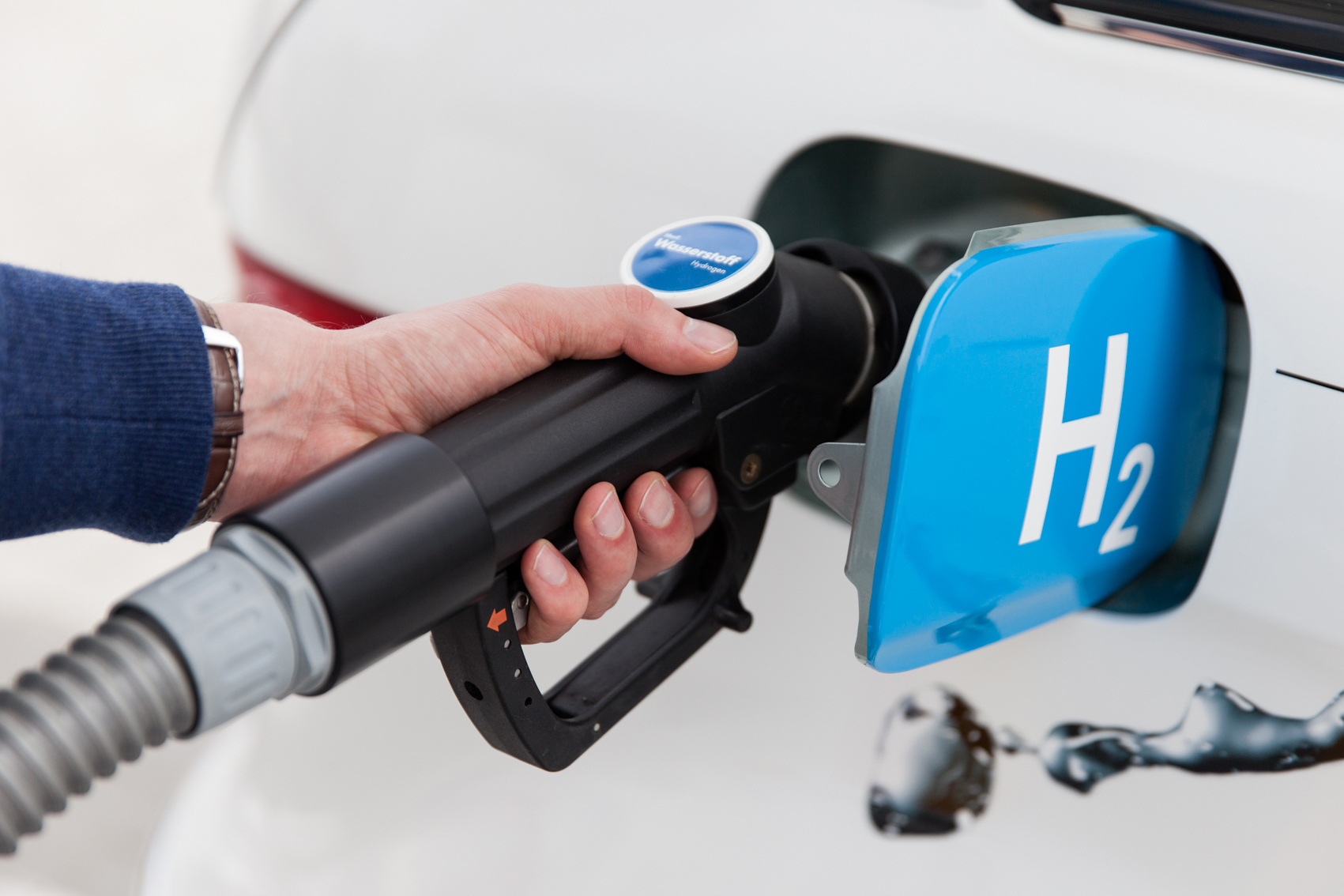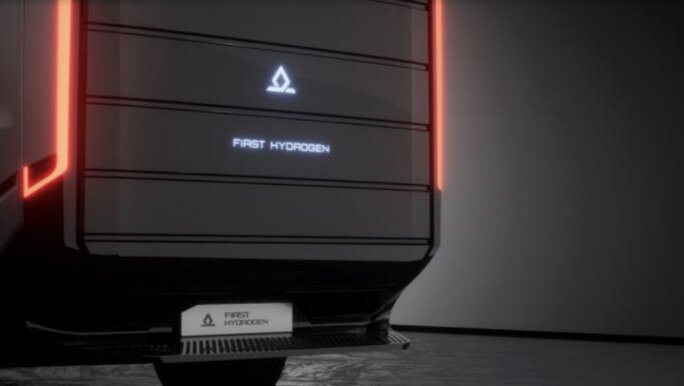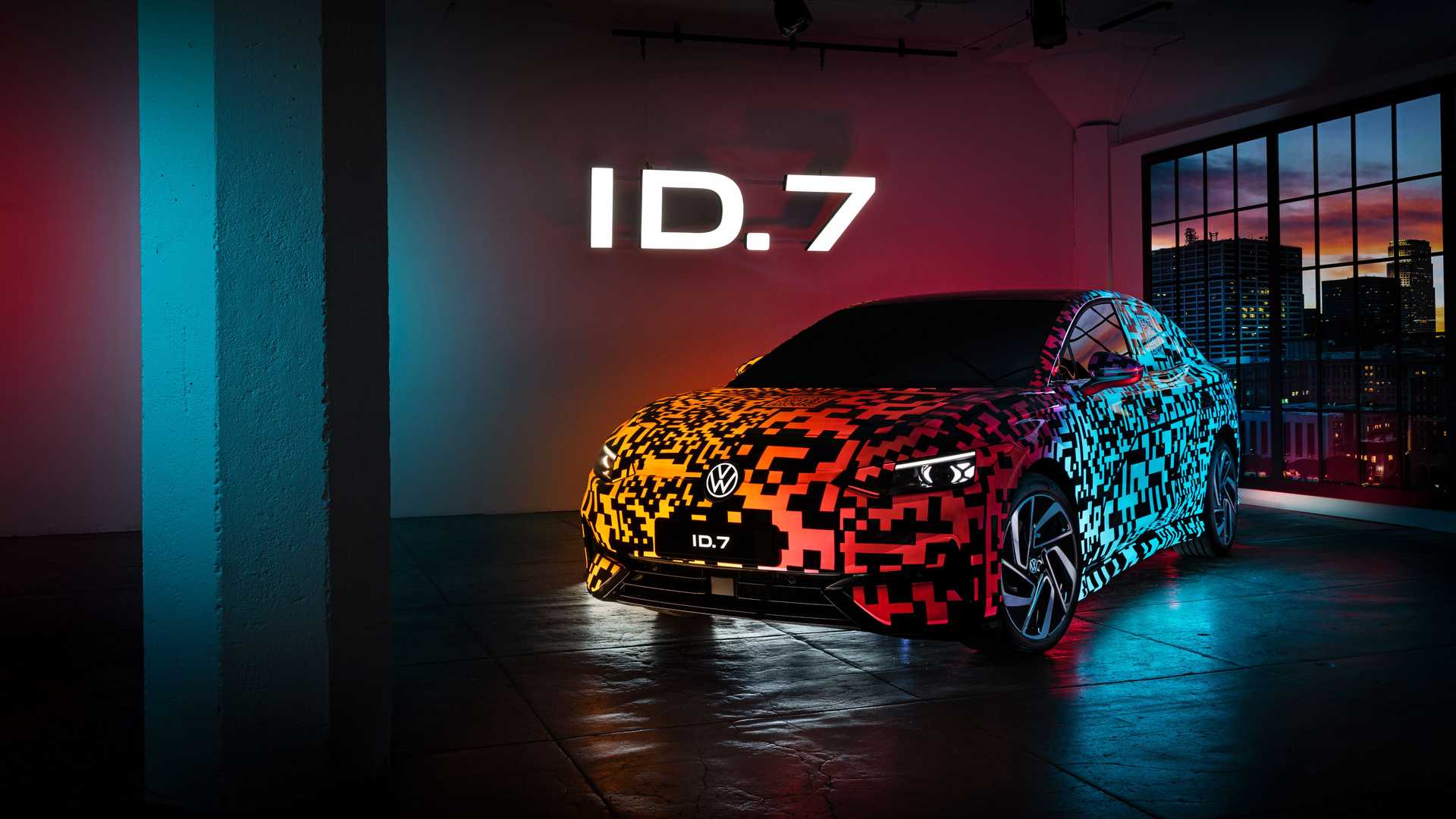Nikola announced today that Biagi Bros. Inc. will receive 15 Nikola Tre hydrogen fuel cell electric vehicles (FCEVs) in the fourth quarter of 2023. The vehicles, to be delivered in Ontario, California, are expected to log over 100,000 miles annually in support of Biagi Bros.’ round-the-clock operations.
“These initial 15 Nikola Tre FCEVs are part of Biagi Bros. commitment to transition their fleet to zero-emissions,” said Michael Lohscheller, Nikola’s President and CEO. “In addition, the trucks will be fueled at the previously announced hydrogen station in Ontario, Calif.”
“Biagi Bros. has been successfully testing Nikola’s Class 8 FCEV beginning in January of 2022,” said Andrea Biagi, President of Biagi Bros. “After logging more than 12,000 miles, we are extremely pleased with the performance and specification of the trucks, and we are ready to move forward to officially build our zero-emission fleet later this year.”
Nikola
has recently been granted a California Air Resources Board (CARB) Zero-Emission Powertrain Executive Order for its Nikola Tre FCEV. This order makes the vehicle eligible for the Hybrid and Zero Emission Truck and Bus Voucher Incentive Project (HVIP) program, which is run by CARB.
Purchasers of the Nikola Tre FCEV in 2023 may be able to qualify for a state-based incentive valued at up to $288,000 per truck, depending on the size and location of their fleet. These incentives can be secured through the HVIP program, with eligible non-drayage fleets able to secure up to 30 vouchers, and drayage fleets able to secure up to 50 vouchers.
In addition to the funding provided by the HVIP program, purchasers of the Nikola Tre FCEV will also qualify for an additional $40,000 clean commercial vehicle tax credit in 2023, thanks to the recent passage of the Inflation Reduction Act.
The Nikola Tre FCEV boasts a range of up to 500 miles and an estimated fueling time of less than 20 minutes, making it one of the longest-range zero-tailpipe emission Class 8 tractors on the market. It is also lightweight compared to other battery electric Class 8 trucks with similar range, and can be used for a variety of applications, including drayage, intermodal, metro-regional truckload, and less than truckload, as well as certain specialized hauling use cases.

